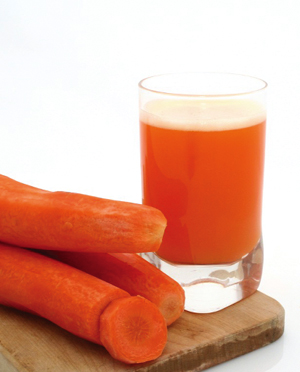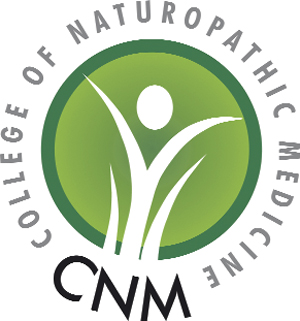College of Naturopathic Medicine on itchy and flaky scalps
Your queries about natural health answered by Jacquie Lane for the College of Naturopathic Medicine
Is there natural help for an itchy, flaky scalp?

Itchy and flaky scalps can be embarrassing especially if dry skin flakes are noticeable on your clothes. A possible medical cause might be psoriasis.
However, first of all look to your usual shampoos and conditioners as possible causes and switch to natural organic versions. Be sure to thoroughly rinse off any residues. Another possible cause could be a fungal overgrowth: fungus loves our bodies, we just don’t share the love with them!
A natural scalp conditioning mask that’s also great as a natural antifungal remedy could be coconut oil with a few drops of tea tree oil and lavender oil, massaged on the scalp.
The scalp and hair need many nutrients for growth, scalp health and good condition, so a healthy diet is essential. Focus on vegetables and fruit, legumes, whole grains, fish, nuts and seeds to keep your scalp in tip-top condition through the summer season and beyond.
The main nutrients needed for a healthy head of hair include vitamins, A, C, E, zinc, B vitamins, biotin and iron. Vitamin A is important for tissue growth and to prevent a dry scalp and dandruff. It helps produce sebum, which is important for lubricating the hair follicles. This nutrient can be found in foods such as carrots, sweet potatoes and liver.
Vitamin E keeps tissue membranes intact, but when levels are low you won’t be able to absorb fat properly, which can result in a dry scalp. Have leafy green vegetables, nuts, seeds and vegetable oils to meet your needs.
The mineral zinc is important for stimulating oil production in the scalp and is found in shellfish, oysters, legumes and nuts.
It’s thought that biotin is also important for the scalp, and deficiency can result in dandruff, so it’s worth consuming biotin-rich foods such as whole grain cereals.

Lifestyle factors can have a negative effect on hair health – stress is number one. Stress reduces nutrient absorption, which means we don’t absorb the nourishment we need. Coffee and alcohol should also be limited to avoid nutrient deficiencies.
See your health professional for advice.
Events at CNM Brighton
3 July, 6.30pm-8.30pm: Vaccination – The Question. Dr Jayne Donegan seminar. £10pp
9 July, 6.30pm-8.30pm: Free Open Evening – find out about CNM training to become a nutritional therapist. www.naturopathy-uk.com
Jacquie Lane is both a lecturer and the Director of Studies at CNM, (College of Naturopathic Medicine) in Brighton. Jacquie also runs her own nutrition clinic and manages a biological testing lab specialising in digestive issues. Email Jacquie at:sunshinenutrition@hotmail.co.uk





















